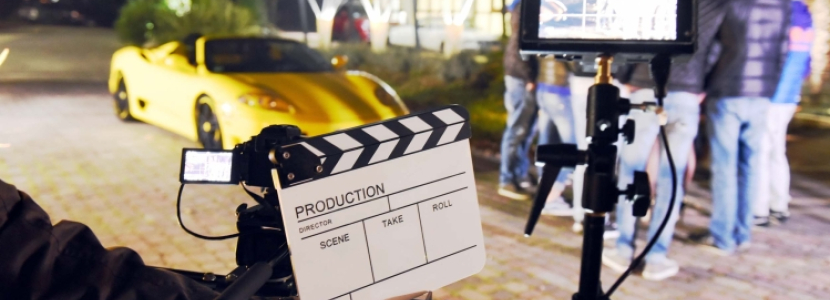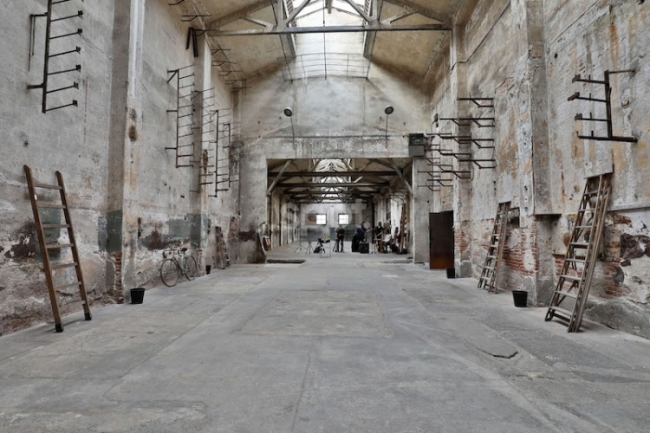
As a location agency we act as the connection and intermediary between the world of filming (production companies, ad agencies and brands) and the “civil world” (owners, institutions, public administrations, etc.). Dealing with such a wide variety of parties from such different sectors has many challenges.
1. Interpret client briefings
Our clients request location ideas for their projects according to a brief. Often the brief is clear and detailed with visual references or storyboards, but other times it’s a bit more hazy. It’s hard to try to describe moods or visual concepts with words! At this stage we act as a filter for the client, presenting the locations we think best fit their needs in terms of aesthetics and logistics.
2. Prioritise the urgency of a production’s needs
If there are public spaces (e.g. parks and beaches) needed for a production, we advise our clients well ahead of the deadlines for getting permits. We have a lot of experience in dealing with government institutions and are able to apply for any permits our clients might need.
3. Local knowledge
Our location managers advise our clients about potential problems - for example difficult town halls, deteriorated streets, areas with complicated logistics (such as the old town of a city), etc. Our job is to avoid surprises for our clients.
4. During a production our location managers will:
- Plan the clients’ trips to visit locations.
- Prepare all of the contracts and documentation needed to ensure a smooth job.
- Organize where things will be set-up on the production day (like catering, makeup, styling, etc.).
- Arrange the parking of production vehicles according to their priority.
- Direct everyone upon arrival to their work spaces.
- Notify neighbours and local authorities if necessary.
- Be the first to arrive and the last to leave, making sure the property is returned in the correct conditions.
- Act as a point of contact between the shooting team and other parties (homeowners, local authorities, etc.)









